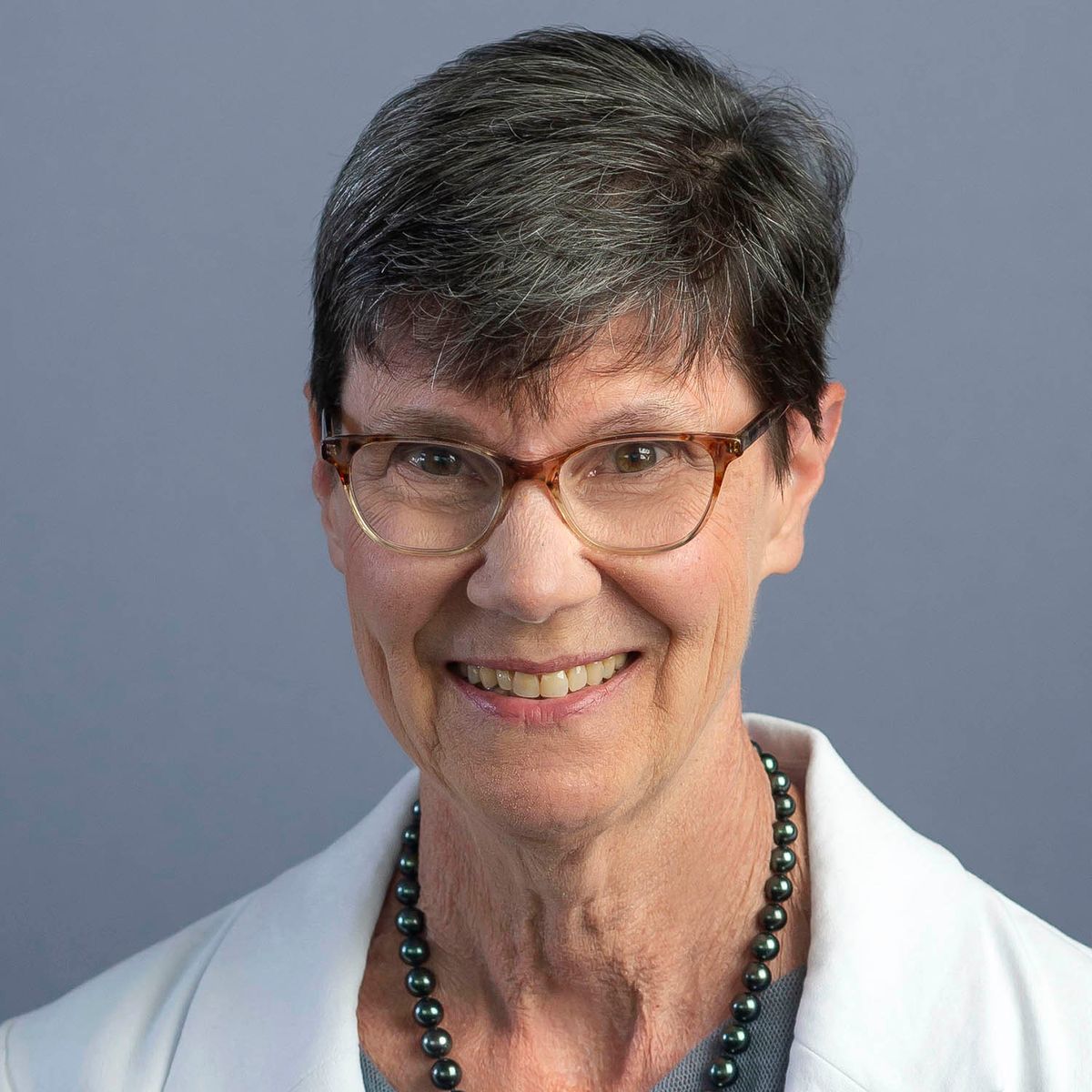Join Us on September 23 for a Straus Lecture on Pain and Full-Day Symposium
September 9, 2019
Our upcoming day-long symposium, NCCIH at 20: A Catalyst for Integrative Health Research, offers us a chance to spotlight a critical part of NCCIH’s research portfolio: pain. Lorimer Moseley, Ph.D., Professor of Clinical Neurosciences and Chair in Physiotherapy in the School of Health Sciences at the University of South Australia, will present the keynote—this year’s Stephen E. Straus Distinguished Lecture in the Science of Complementary Therapies—titled “Why We Need a Pain Revolution: From Science to Practice.”
Understanding the mechanisms of pain and how to better manage it, to ultimately expand the toolbox for patients and health care providers, is an urgent public health need. The 2012 National Health Interview Survey showed that about 11 percent of U.S. adults (25 million) experience pain every day. The pitfalls of relying too heavily on one single tool in the toolbox are on display as Federal and state health agencies, health care providers, and patients grapple with the effects of the opioid crisis.
About 40 percent of NCCIH’s extramural research portfolio—grants to outside organizations—focuses on pain and, over two decades, the Center has made significant contributions to pain research. Research funded by NCCIH has demonstrated that various mind and body approaches—like acupuncture, hypnosis, massage, mindfulness meditation, spinal manipulation, tai chi, and yoga—may help in the management of some painful conditions. In addition, work by the pain program within the NCCIH Division of Intramural Research, established by Catherine Bushnell, Ph.D., has expanded what we understand about the role of the brain in perceiving, modifying, and managing pain.
NCCIH’s focus on pain has led us to establish research methods needed to effectively study pain and better understand pathways to managing it, especially in underserved populations or special populations such as the military or veterans. As multiple NIH Institutes and Centers collaborate to advance the HEAL (Helping to End Addiction Long-termSM) Initiative, these research methods are a critical piece of infrastructure helping the scientific community respond to urgent public health needs.
As he previews for us in a short video, Dr. Moseley will discuss what he calls “the Pain Revolution,” a multifaceted effort to take lessons learned from pain research out of the lab and put them into the hands of patients and their care providers. He’ll talk about special programs designed to enhance professional education via peer-to-peer approaches and direct efforts to help patients understand the neurobiology of pain to support a holistic “biopsychosocial pain model of care.”
We hope you’ll plan to watch the keynote lecture by Dr. Moseley and other sessions throughout the day. Register today to view the symposium online.

Comments
Comments are now closed for this post.